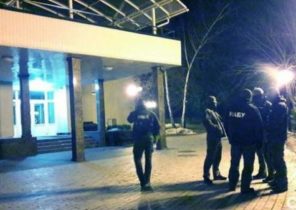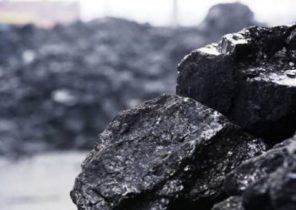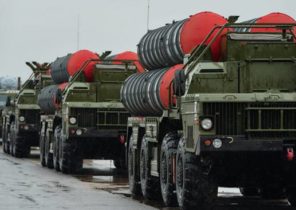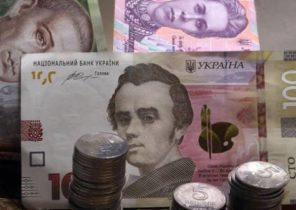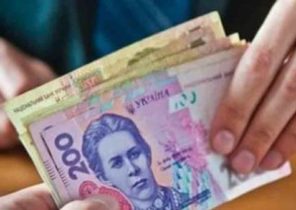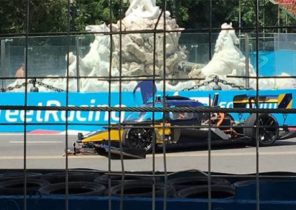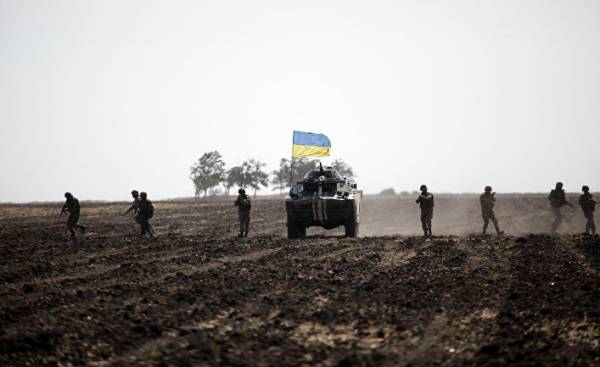
Review of Russia, published on March 31, refers to a number of historical allusions and modern accusations in address of Ukraine, which relate to its history, sovereignty and the current situation. Due to the fact that the Portuguese public deserves a better explanation of these issues, some of them should be more detail.
If you start a conversation with a distant 1654, it is important to recall that the Cossack Republic, faced a difficult decision, made a choice in favor of strategic agreements with neighboring Russia. The original text of this Treaty was finally lost in the depths of Russian archives. Thus, today we can’t know exactly what were the rights and obligations of the parties.
Around the same time, Ukraine was visited by the French military engineer and cartographer G. L. de Boplan, which left memoirs, published in 1651, and beginning with the second edition published under the title of “Description of Ukraine”. Earlier, in 1648, Boplan printed map of the Ukraine (which can be found in the library of Congress) — one of the first mentions of Ukraine in the European cartography. The same map allows to understand that the current Russia at that time was known as Muscovy and its geographical boundaries did not correspond to the modern.
After several centuries of colonial domination of the Russian Empire and after its defeat in world war I in January 1918, in Kiev there were Ukrainian people’s Republic, which established diplomatic relations with more than 20 European countries, but immediately came under pressure, threats and ultimatums from the Soviet authorities, concealing his actions and a perpetual desire to “just help the Ukrainian people”. Although within the Brest-Litovsk Treaty of 1918, the Russian government formally recognized the independence of Ukraine it contributed to the establishment, supported, armed and financed by those forces and groups that made possible the emergence controlled by Moscow, “the Ukrainian Soviet Socialist Republic” with very limited sovereignty, the remnants of which were lost in the period of strengthening of Stalin’s power.
Forced collectivization, destruction of economic relations in the village, a large-scale, centralized capture and seizure of grains, even those that were the seed Fund, resulted in the famine. The number of Ukrainians killed in the famine, is estimated at more than 7.5 million victims, which is tantamount to losses of the country for the entire Second world war.
The lawyer, the lawyer and the American researcher R. Lemkin, the author of the term “genocide”, without any hesitation classified the Holodomor as Soviet genocide, as evidenced in particular the title of his work on the subject, “Soviet genocide in Ukraine” (1953).
With regard to the obligations of Ukraine according to the Minsk agreements it should be noted that the cease-fire and withdrawal of heavy weapons from the line of contact is only possible with the participation of all parties. The withdrawal of the Ukrainian army and military equipment unilaterally, it would only be in the hands of terrorist organizations operating in the temporarily occupied territories of Ukraine, and would not facilitate a peaceful settlement in the region.
Ukraine declares its absolute openness and insists on presence of observers in the zone of the contact line. Nevertheless the military presence of Russia, which deny as Pro-Russian separatists, and Moscow itself, prevents the OSCE to carry out a monitoring mission. So, repeatedly brought down the unmanned aerial vehicles.
Based on daily reports of the OSCE mission can be stated that joint Russian forces and separatists have no shortage of ammunition, military equipment, skilled personnel or the fuel to undertake the relevant activities. Ukraine also does not believe the explanation offered by Russian diplomacy that supposedly all these materials were “found” in the mines to the warehouses of the Soviet era in the Donbass.
As if Ukraine genuinely wants to admit Russia is not associated with the conflict of reality and the documented presence of Russian troops in the Donbas prove otherwise.
Inna Ohnivets Ambassador of Ukraine in Portugal

